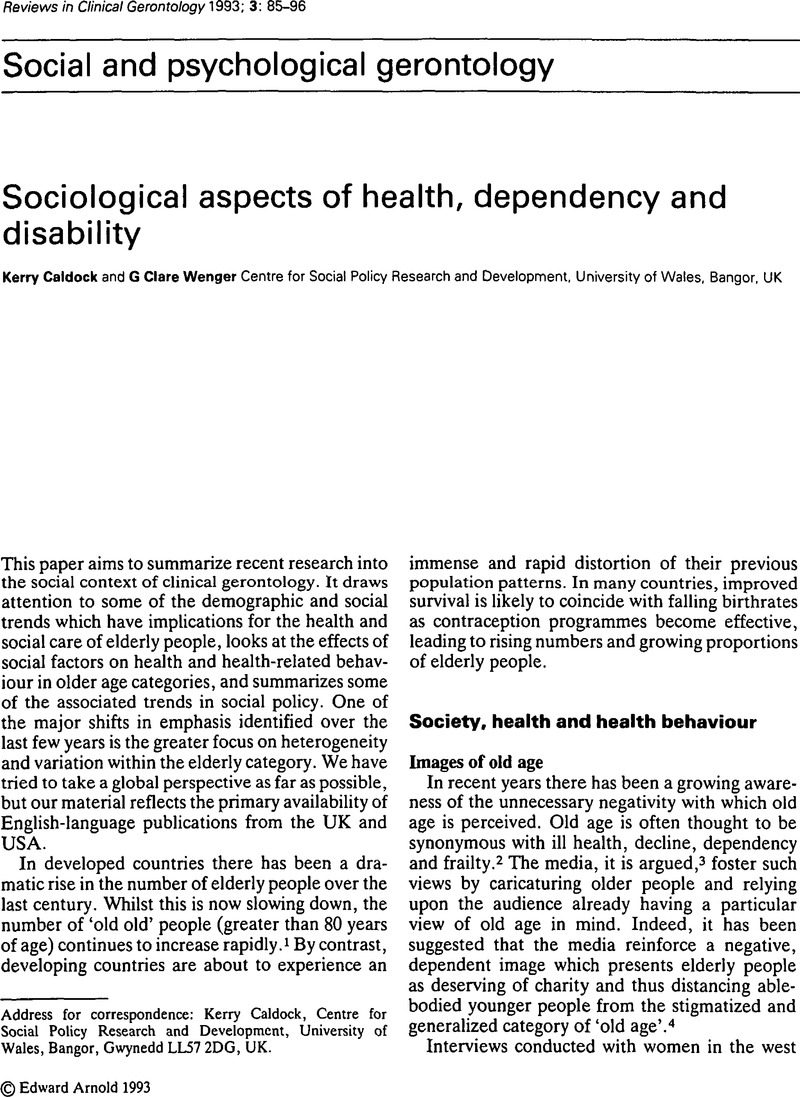Crossref Citations
This article has been cited by the following publications. This list is generated based on data provided by Crossref.
Hammarström, Gunhild
and
Torres, Sandra
2010.
Being, feeling and acting: A qualitative study of Swedish home-help care recipients' understandings of dependence and independence.
Journal of Aging Studies,
Vol. 24,
Issue. 2,
p.
75.
Hammarström, Gunhild
and
Torres, Sandra
2012.
Variations in subjective well-being when ‘aging in place’ — A matter of acceptance, predictability and control.
Journal of Aging Studies,
Vol. 26,
Issue. 2,
p.
192.



